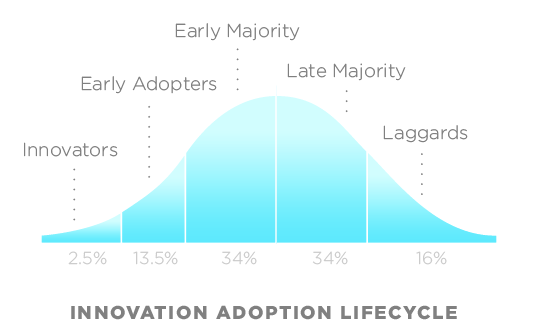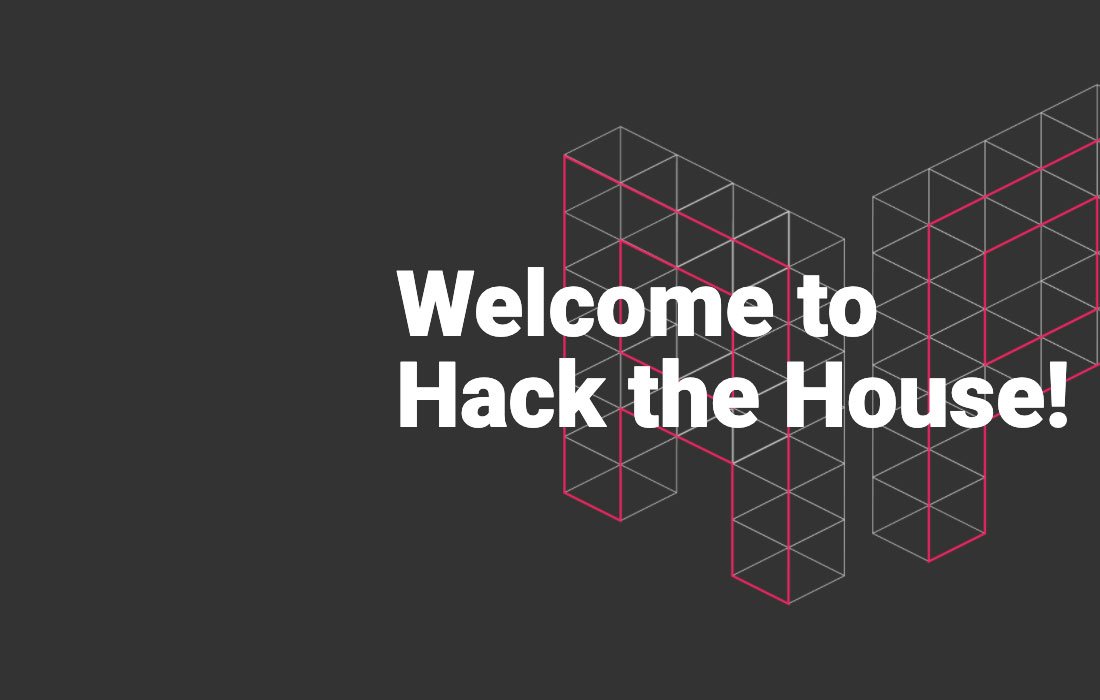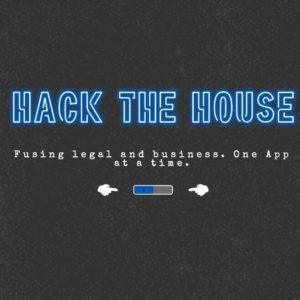
As the amount of global data increases exponentially, so do the challenges related to the process of legal holds.
IDC predicts that worldwide electronic data will reach 175 zettabytes by 2025, with an average person creating and participating in up to 5,000 digital interactions a day.1 What does that amount of data look like? One publication explains it like this: “A single zettabyte will fill 1,000 datacenters or about 20% of Manhattan.”2
That’s a lot of data – especially for corporations with hundreds or thousands of employees and locations worldwide.
Now consider this amount of data in the context of a legal hold. When you combine the sheer amount of data with the fact that it exists on multiple systems, mobile devices, cloud-based solutions and in shared and private drives, it vastly complicates the process.
Yet, many companies still rely on email to manage legal holds.
Preserving Data
It’s now more important than ever to preserve electronically stored information (ESI) correctly – especially when undergoing litigation.
The Federal Rules of Civil Procedure 37(e)3 states that:
If electronically stored information that should have been preserved in the anticipation or conduct of litigation is lost because a party failed to take reasonable steps to preserve it, and it cannot be restored or replaced through additional discovery, the court:
(1) upon finding prejudice to another party from loss of the information, may order measures no greater than necessary to cure the prejudice; or
(2) only upon finding that the party acted with the intent to deprive another party of the information’s use in the litigation may:
(A) presume that the lost information was unfavorable to the party;
(B) instruct the jury that it may or must presume the information was unfavorable to the party; or
(C) dismiss the action or enter a default judgment.
If ESI isn’t preserved in accordance to discovery, judges can impose monetary penalties or even rule against the party that lost the information.
The Importance of a Legal Holds Solution
Ideal legal holds solutions work on multiple levels. They enable corporate legal departments to notify custodians of their duty to preserve information in a timely manner while collecting and storing custodian acknowledgements, questions, preserve notices and data in a secure location. It also offers real-time tracking so team members know the status of collection requests, when actions were issued, which tasks are in progress and which legal actions require immediate attention. The tool should also create comprehensive dashboard views, allowing those involved to see when a custodian leaves an organization. From there, they can enable email archiving or suspend the destruction of data.
Automation plays a vital role in a legal holds solution. It relieves the burden of manual work with automated workflows that can be configured to match a company’s legal hold process. It also provides automatic notifications and reminders to support compliance.
Legal Holds Solution Benefits
Aside from these features, how does a legal hold solution benefit a corporate legal department?
First, they ensure compliance. Real-time dashboards, reports and audit trails ensure relevant data is collected and preserved – demonstrating that the proper care has happened to preserve and collect digital evidence. Processes supported by legal holds technology also demonstrate an appropriate level of diligence as automation reduces the chances for human error.
Next, when based on a low- or no-code platform, a legal hold solution enables a quick setup and deployment with little to no IT involvement, increasing time to value.
They also enhance overall visibility into the legal hold process, which is imperative for companies undergoing numerous cases. By being available on multiple browsers or devices, it allows easy access to information.
Finally, a legal holds solution can also reduce costs by tracking budgets and spend by matter, matter type or law firm.
Conclusion
Whether it is for one case or many, technology can reduce the complications of legal holds in today’s data-heavy business environment while minimizing risk. If you’d like to learn more about a legal holds solution, visit here.
1 IDC: Expect 175 zettabytes of data worldwide by 2025
2 Infographic: How Big Is a Yottabyte?
3 Discovery Sanctions under Amended Rule 37(e): A Safe(r) Harbor












